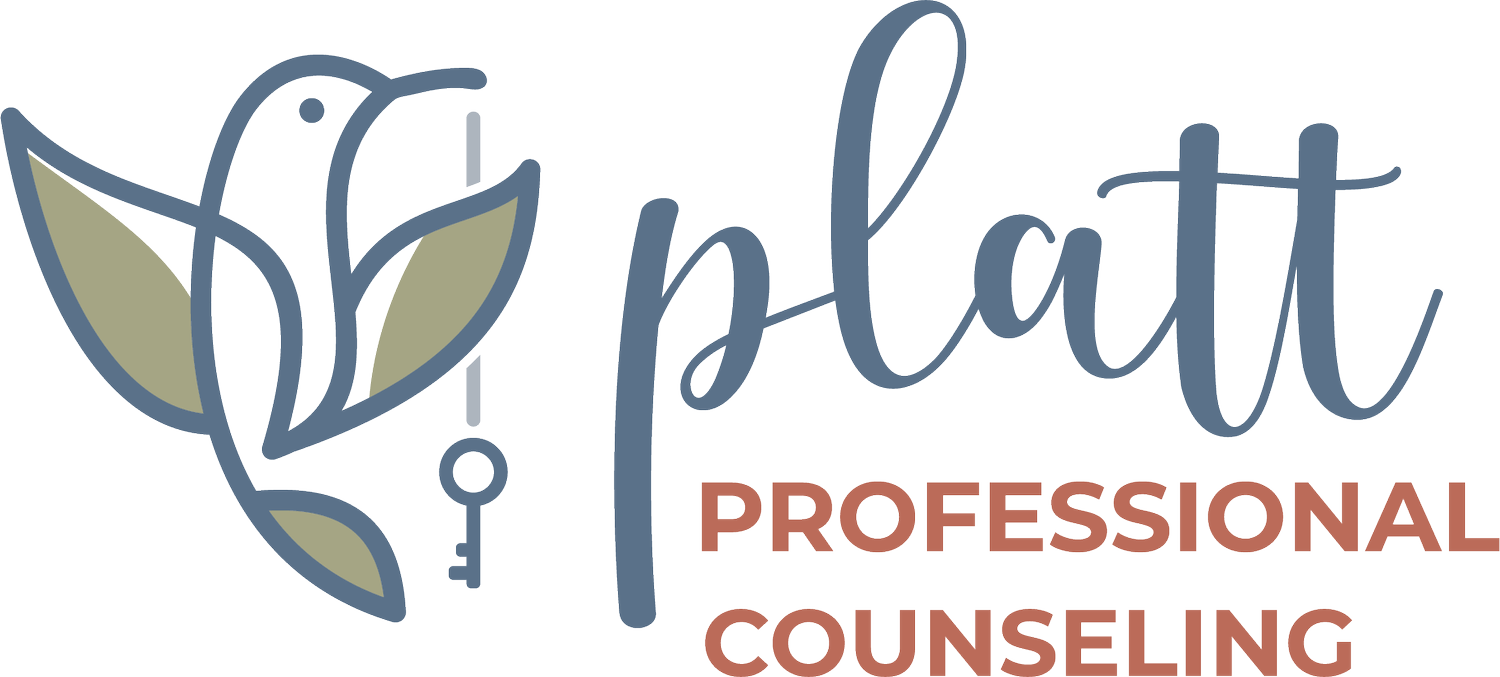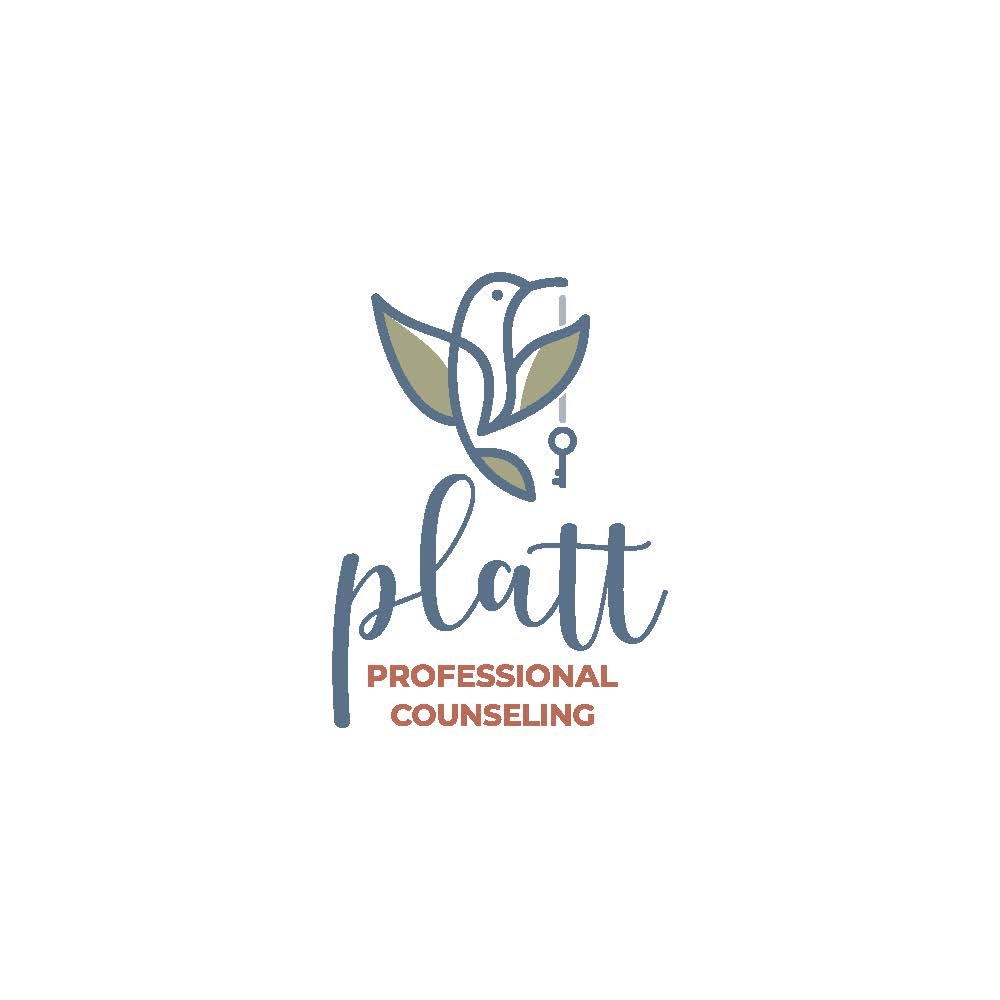Trust Your Gut by Rachel Ridge LCSW, CADC
I’ve worked in addictions many years and one of the things that always stands out is the level of denial involved. Most people assume the denial is only with the person abusing alcohol or drugs, however, denial affects everyone in the family. Usually the people most in denial, other than the person using, are those closest to that person. Typically, this would be a spouse or parent.What exactly is denial anyway? Denial defined is the disbelief in the existence or reality of a thing. And never forget that denial is a defense mechanism. What exactly is it defending us from? The truth. It is a very a hard pill to swallow, to admit that my husband, daughter, or loved one has an alcohol or drug problem.Denial prevents us from trusting our gut instinct. It literally robs us of our rational mind and ability to call a spade a spade. It keeps us saying things like, “he’s just stressed,” or “this is just a phase,” “everyone experiments,” etc. I’ve witnessed families have all the evidence right in front of them, literally the actual drug paraphernalia in hand, only to not follow through with getting help because they don’t believe there’s really a problem. That’s the power of denial. The problem is that when it comes to addiction and the progression of the disease, denial can lead to death. And the addiction will progress. Addiction never leaves people where it meets people. The stakes always rise: more use, more consequences, more problems until life becomes totally unmanageable and you wonder, “how in the world did we get here?”Don’t let that happen to your family or loved one. Don’t be lured into believing denial’s lies when you can see the reality right in front of you. Instead, trust your gut. Trust your eyes and what you see happening: behavior changes, mood swings, drug paraphernalia. And know that when you do trust your gut and you confront your loved one, you will be met with not only your loved one’s own denial but also a ton of emotional manipulation, which makes you doubt your own judgment and ability to trust your gut. But if it walks like a duck and sounds like a duck, guess what?What if your loved one refuses to seek help? Then you seek help for yourself. The Serenity Prayer is a simple yet sacred truth that has guided many a family to health and wholeness regardless if their loved one ever acknowledges their problem.God grant me the serenity to accept the things I cannot change,The courage to change the things that I can,And the wisdom to know the difference.Serenity comes with the realization that you cannot change your loved one, despite your greatest efforts. Courage rises with the realization that you do have the power to change you: how you respond, what your boundaries are, what is and is not acceptable behavior, and what you will do to take care of your mental and physical health.

